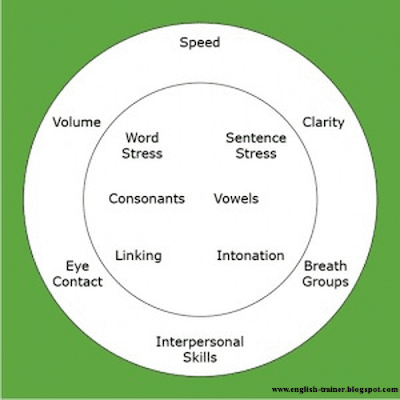Take after = to have a similar character/appearance as an older family member
e.g. She takes after her mother. They are both perfectionists.
Take someone along = to take someone with you when you go somewhere
e.g. She’s bringing her brother along with her to the graduation party.
Take something apart = to separate into different parts
e.g. They need to take the computer apart to see what the problem is.
Take someone around = to show someone the interesting/important parts of a place
e.g. The students take the parents around campus on open days.
Take someone aside = to speak to someone privately
e.g. He took me aside and told me not to mention anything to the rest of the group.
Take something away = to remove something from its original place
e.g. Can you please take away that vase and put it in the kitchen?
Take something away = to remove something from a person
e.g. They are taking away his gym membership.
Take something away = to leave with an impression, message, etc.
e.g. The message I took away from the play was that love conquers all.
Take it away! = start performing
e.g. Take it away! Let’s hear your music.
Take someone away = to take someone with you
e.g. I’m taking Adele away with me to Goa.
Take something back = to return something
e.g. The toy was broken so I took it back to the shop.
Take something back = to admit you said something wrong
e.g. I take back what I said earlier. I think the dress looks great.
Take someone back = something makes you remember the past
e.g. Gosh, that song takes me back to high school.
Take someone back = to employ someone again or re-start a relationship after a disagreement
e.g. He apologised a hundred times before I agreed to take him back.
Take something down = to remove something from a wall
e.g. We need to take those offensive posters down before the students arrive.
Take something down = to write what someone says
e.g. I hope you are taking down notes of this important lecture.
Take someone in = to let someone stay in your home
e.g. They had nowhere to go so we took them in.
Take someone in = to take someone to the police station for questioning
e.g. The policeman took him in for questioning about the accident.
Take someone in = to deceive someone
e.g. They told her that was the only supplier and she got taken in.
Take something in = to observe all the details
e.g. I just want to stand here a few minutes and take in the architecture of the building.
Take something in = to take a car/faulty equipment for repair
e.g. We’ve taken our TV in for repair.
Take something in = to narrow clothes by sewing them
e.g. He’s taken the trousers in a bit and they fit much better.
Take something off = to remove clothing items
e.g. It was hot so I took my jacket off.
Take something off = to spend time away from work
e.g. I’m taking next week off to go to Moscow with my girlfriend.
Take off = to fly
e.g. The plane took off on time.
Take off = to suddenly become successful/popular
e.g. Those sunglasses have really taken off in China.
Take someone off something = to stop taking medical treatment/food
e.g. He’s been taken off the diet of soup.
Take someone on = to start employing someone
e.g. The company is taking on twenty new staff members.
Take someone on = to compete against someone
e.g. Who is Federer taking on this afternoon?
Take something on = to accept a job/responsibility
e.g. I’ve been under stress ever since I took on the position of manager.
Take something out = to remove something from a place/container
e.g. Take your passport out of your bag so we don’t delay at the check-in counter.
Take something out = to borrow books from a library
e.g. I take out two book a week.
Take someone out = to do something with someone and pay for it
e.g. Come on! Let me take you out for a meal, my treat.
Take something out of someone = to make someone exhausted
e.g. Babysitting those active children really took the energy out of me.
Take something out on someone = to treat someone badly as you are upset/angry although they have done nothing wrong
e.g. Just because you had a bad day at work you don’t need to take it out on me.
Take something over = to take responsibility or begin a job that someone else was doing
e.g. I’ll take over writing the report from now.
Take over something = to get control of a company
e.g. They bought most of the shares in the company so they are taking over.
Take someone through something = to explain something or show someone how to do something
e.g. Let me take you through the steps of making a cake.
Take to someone/something = to start liking someone/something
e.g. I didn’t like Jeff at first but now I’ve taken to him.
Take something up = to start doing it
e.g. I’ve taken up Mandarin classes.
Take something up = to consume time/space/effort
e.g. Learning Mandarin is taking up a lot of time.
Take something up/Take someone up on something = to accept an offer/opportunity
e.g. I’ve been offered a job in a law firm and I’m taking it up.
Take something upon yourself = to do something without consulting anyone
e.g. Why did you take it upon yourself to drive him all the way to the airport?
You have read this article with the title October 2012. You can bookmark this page URL https://apostolosmakrides.blogspot.com/2012/10/phrasal-verbs-with_5.html. Thanks!









































